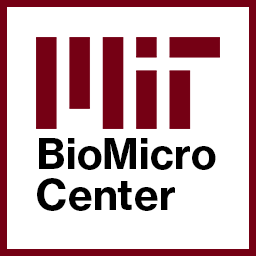Talk:BioMicroCenter: Difference between revisions
Add topicNo edit summary |
|||
| Line 1: | Line 1: | ||
Graduate school presents many academic and psychological challenges that contribute to student attrition. Among the most daunting tasks is the completion of a thesis—a process requiring discipline, scholarly precision, and emotional resilience. In this context, assessment writing is often the first major barrier students face, signaling a deeper need for institutional support systems. | |||
Thesis support services play a crucial role in helping students navigate this demanding academic terrain. These services may include writing workshops, individualized tutoring, project management guidance, and emotional support through counseling. When strategically integrated, they can significantly reduce the isolation and stress that often accompany thesis writing. | |||
One effective model includes assigning thesis coaches or academic advisors who provide regular check-ins and structured milestones. These checkpoints can catch issues early—such as poor research design or procrastination—before they become significant setbacks. | |||
Additionally, peer groups foster a sense of community and accountability. Organized thesis circles or writing retreats help students share experiences, maintain momentum, and celebrate small wins. | |||
Importantly, institutions that invest in thesis support often see increased retention and graduation rates. By reducing barriers and demystifying the thesis process, universities empower students to persist and succeed. | |||
Latest revision as of 10:23, 13 June 2025
Graduate school presents many academic and psychological challenges that contribute to student attrition. Among the most daunting tasks is the completion of a thesis—a process requiring discipline, scholarly precision, and emotional resilience. In this context, assessment writing is often the first major barrier students face, signaling a deeper need for institutional support systems.
Thesis support services play a crucial role in helping students navigate this demanding academic terrain. These services may include writing workshops, individualized tutoring, project management guidance, and emotional support through counseling. When strategically integrated, they can significantly reduce the isolation and stress that often accompany thesis writing.
One effective model includes assigning thesis coaches or academic advisors who provide regular check-ins and structured milestones. These checkpoints can catch issues early—such as poor research design or procrastination—before they become significant setbacks.
Additionally, peer groups foster a sense of community and accountability. Organized thesis circles or writing retreats help students share experiences, maintain momentum, and celebrate small wins.
Importantly, institutions that invest in thesis support often see increased retention and graduation rates. By reducing barriers and demystifying the thesis process, universities empower students to persist and succeed.
